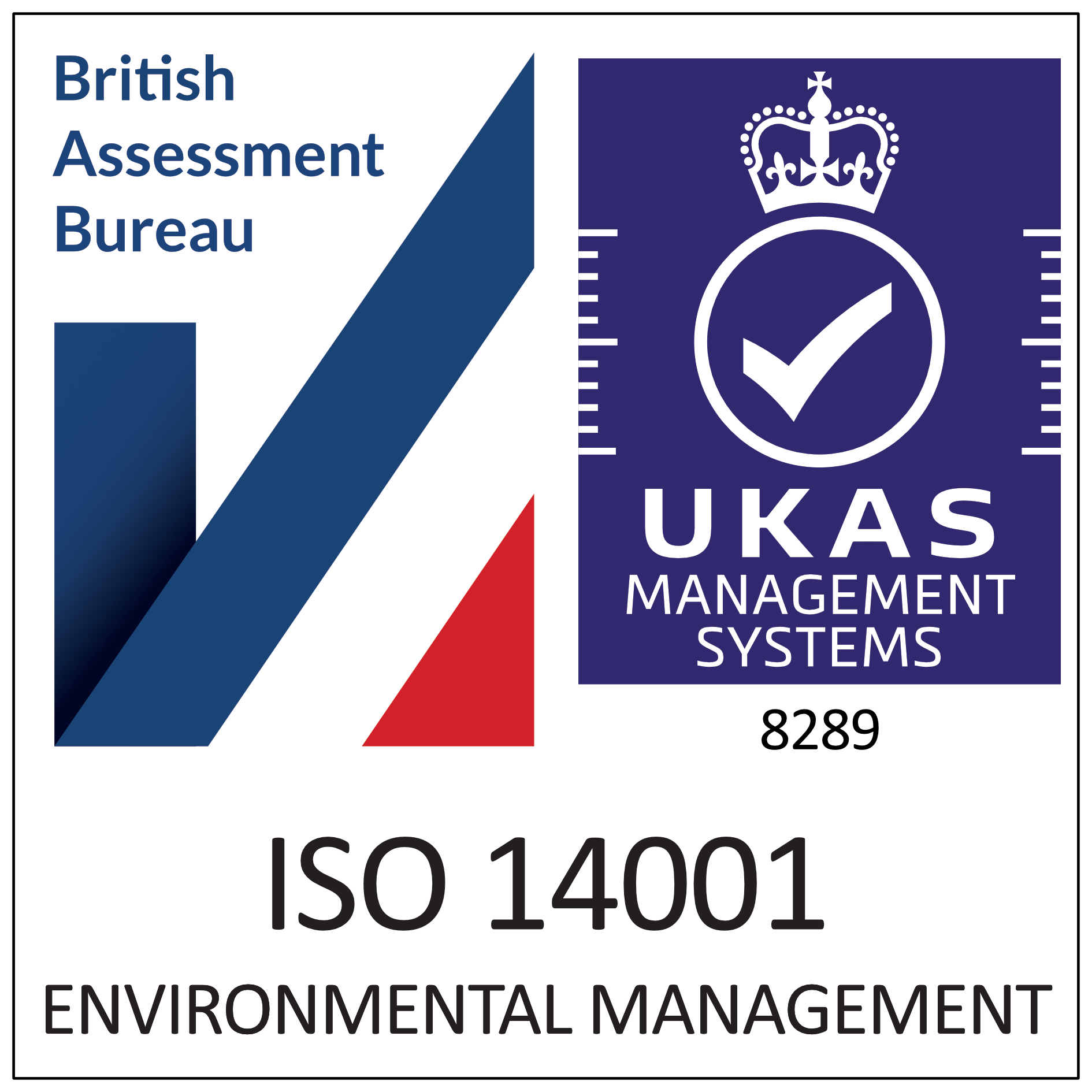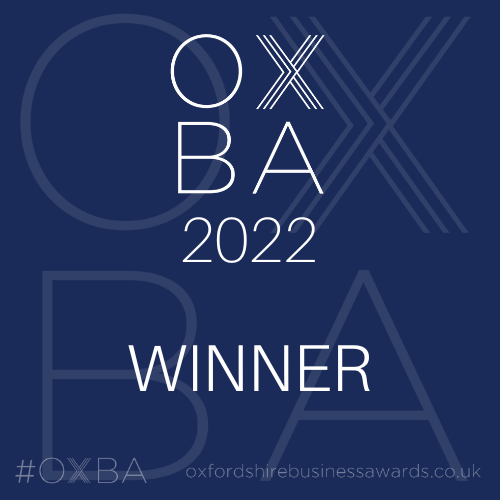

Search our website for news, courses, and general information
Course code: XMZP705P
Subject area: Accounting and Finance
Study level: Apprenticeship
Course level: 4
Course time:
09:00 - 17:00
Days of week:
Various
Course date:
1st Aug 2024 - 31st Jul 2025
Course location:
Off SiteDuration:
• 13 months practical training period, plus 3 months for End Point Assessment
Delivery model:
• Work-based training with your employer
• Day release during term time (approx. 36 days per year)
• Level 2 Functional Skills in Maths and English (7 days at college for each, if required)
• Off the job training will count for at least 6 hours a week of an apprentice’s time at work
Qualifications included:
• Level 2 Functional Skills in English and Maths
• Level 4 Professional Diploma in Accounting
• Level 4 Professional Accounting or Taxation Technician
End Point Assessment:
• Synoptic test
• Portfolio
• Professional Discussion/Written Statement
• Technical knowledge
- Option 1 accounting: understanding and/or validating the accounting standards for basic accounts preparation and/or the drafting of financial statements and specialist knowledge in other aspects of accounting, for example management accounting and tax accounting
- Option 2 tax: knowledge and understanding of the core elements of personal and business taxation and accounting principles, as well as specialist knowledge in other areas of taxation, for example business compliance, VAT, Inheritance tax, trusts and estates and corporate tax
• Understanding of the industries and environments in which an organisation operates, including customer and supplier needs, in order to create and/or validate and/or report financial information
• Understanding and applying the relevant ethical standards to their own behaviour and appropriately challenge the actions of others where they do not meet these standards
• Understanding and applying professional standards and legal regulations to an organisation’s financial information, and to comply with the fundamental principles of integrity, objectivity, professional competence and due care and confidentiality
• Understanding and evaluating an organisation’s systems and processes and make recommendations for improvement, and they may also have a basic understanding of external and internal audit’s function in giving assurance over these systems and processes
• Level 2 Functional Skills in English and Maths
• Level 4 Professional Diploma in Accounting
• Level 4 Professional Accounting or Taxation Technician
• Able to create and interpret information, and show how that information can be used most effectively to add value to the organisation
• Can effectively communicate relevant information across the organisation and to appropriate stakeholders in both written and verbal formats
• Proactively manages their own development and is committed to the job and their profession
• Able to work to tight deadlines and respond to changing priorities. Effectively plan and prioritise time and co-ordinate the input of others in order to meet both deadlines and changing priorities
• Can apply accounting, tax knowledge to consistently deliver high quality, accurate data and information in a timely fashion
• Works effectively in a team and with others, maintaining effective, professional working relationships both internally and externally across organisations
• Able to understand the systems and processes of the organisation sufficiently, as applicable to the role. Proficient in the IT systems applicable to the role
What behaviours will apprentices develop?
• Willing to both listen and learn and to accept changing priorities and working requirements and has the flexibility to maintain high standards in a changing environment
• Actively engages in the wider business, as appropriate, and look to provide information that positively contributes to influencing business decisions. Continually strive to improve own working processes and those of the organisation
• Is honest and principled in all of their actions and interactions. They will respect others and meet the ethical requirements of their profession
• Takes responsibility and demonstrates the drive and energy to get things done, even under pressure
• Demonstrates an attitude that includes a questioning mind, being alert to conditions which may indicate possible misstatement of financi








